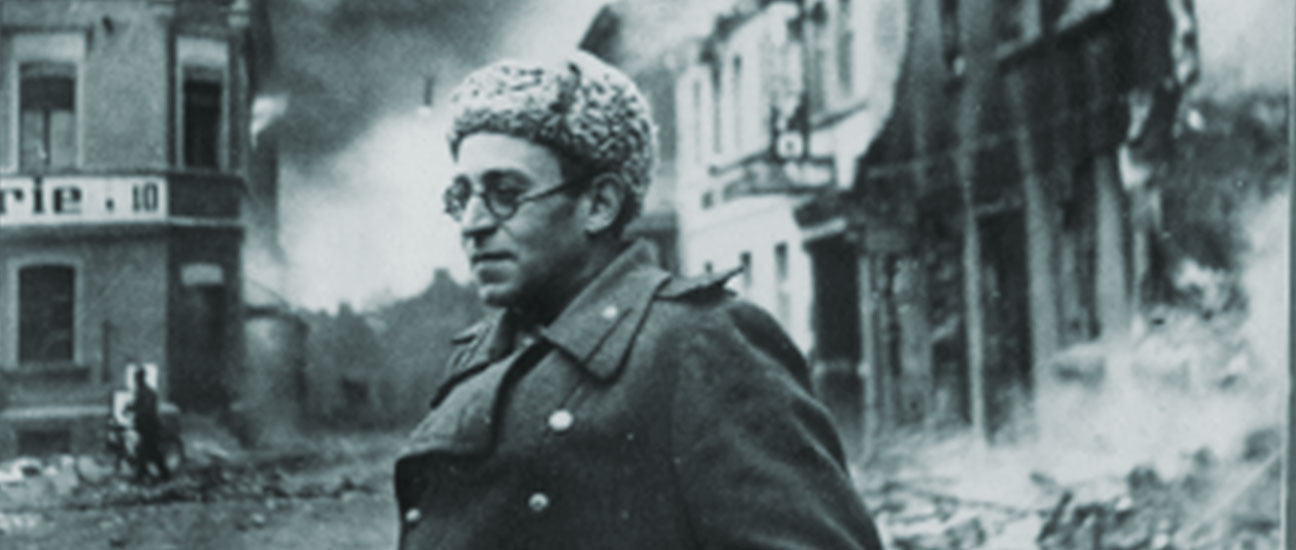- Home |
- Search Results |
- ‘It is as if we had only the second half of War and Peace’: Why Grossman’s Stalingrad is the WW2 masterpiece you need to read
‘It is as if we had only the second half of War and Peace’: Why Grossman’s Stalingrad is the WW2 masterpiece you need to read
Robert Chandler, the translator of Vasily Grossman's epic Stalingrad, the prequel to Life and Fate, explains why the novel has only been published in English for the first time 50 years after it was written and why it's an essential World War Two novel.

Just as War and Peace is the great epic about Napoleon's invasion of Russia, so Grossman's two long novels - Stalingrad and Life and Fate - are the great epic about Hitler's invasion of the Soviet Union.
For over two years Hitler had seemed all-powerful. At remarkably little cost, he had conquered all of Western and Central Europe and vast swathes of Russia and Ukraine. The Battle of Stalingrad was his first major defeat, destroying the myth that he was invincible. The German Sixth Army about 265,000 men was encircled and crushed. This was the turning point of World War Two.
Until recently, only Life and Fate, the second of Grossman's two Stalingrad novels has been available in English. It is as if we had only the second half of War and Peace and did not even know that the first half existed.

In the interests of Soviet orthodoxy, Grossman's editors made him omit many of his wittiest and most unexpected insights.
Grossman was an official war correspondent, and he spent longer in besieged Stalingrad than any other Soviet journalist. He had a unique gift for winning the trust of both senior officers and rank-and-file soldiers. They talked freely to him and he vividly conveys their experience.
Grossman witnessed many terrible things. Nevertheless, he remains one of the most human and humane of writers. His novels are lit by brilliant flashes of humour and he shows love and understanding towards almost all his characters, Russians and Germans alike.
Astonishingly, there is still no adequate Russian edition of the novel. In the interests of Soviet orthodoxy, Grossman's editors made him omit many of his wittiest and most unexpected insights. This edition includes several hundred passages from Grossman's typescripts never before published in any language. Editing this novel has been a complex task which is one of the reasons why readers have had to wait so long for an English translation.
Among the passages edited out from published editions of Stalingrad are mentions of lice and fleas, accounts of sexual infidelity, and a sweet, charming moment when a gifted and heroic officer remembers how he used to enjoy making dresses for his wife. Evidently, this was considered unmanly on his part, or undignified: 'I can still remember measuring my Tamara. I couldn't stop laughing. And she was stroking my hands and saying, "Golden heart and golden hands!"'
Sign up to the VINTAGE newsletter
By signing up, I confirm that I'm over 16. To find out what personal data we collect and how we use it, please visit our Privacy Policy.